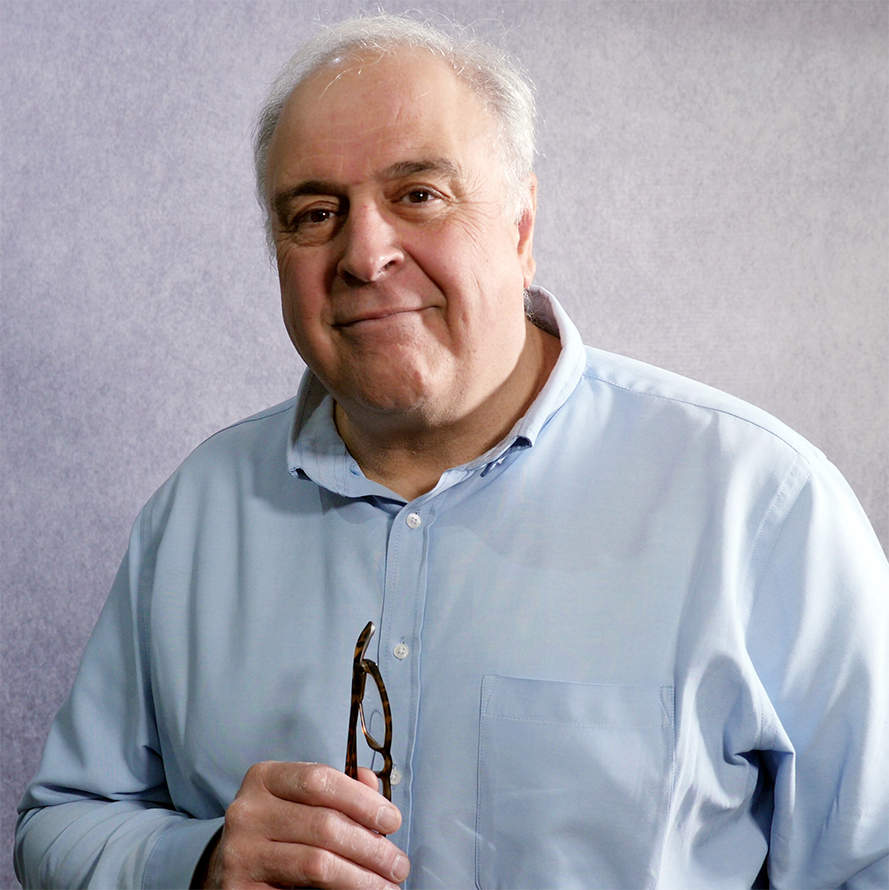We are delighted to make first our contribution to the Moneyweb’s Weekly Wrap newsletter, and this is a quick summary of some of the stories the hit the mark on Moneyweb@Midday this week.
The avian flu outbreak in South Africa has had a significant impact on the country’s poultry industry. The sector, valued at R60 billion annually, faced a severe setback with the culling of approximately 9.5 million chickens last year. Although the last outbreak was reported in late November, the risk persists due to the H5 avian influenza strain still present in wild birds. The industry awaits the end of a two-week period to determine if the disease has been eradicated.
Izaak Breitenbach, CEO of the South African Poultry Association (SAPA), says that despite having three H5 vaccines available, none were effective against the H7 strain prevalent in South Africa. A locally developed vaccine, assessed in December and submitted for approval, is expected to receive a decision by the end of February.
You can also listen to this podcast on iono.fm here.
An investigation by the Department of Mineral Resources and Energy (DMRE) in South Africa has revealed that about 70 filling stations across the country are selling inferior-quality diesel mixed with paraffin. Avhapfani Tshifularo, the executive director of the South African Petroleum Industry, was one of our guests and told us this problem has been growing over the years, with a noticeable increase in paraffin volumes from 80-100 million litres annually 15 years ago to 1.4 billion litres in 2022. The process of adulterating diesel with paraffin, says Tshifularo, does not occur at the filling stations but rather at depots or remote locations. He points out that the DMRE’s inspectorate is understaffed, with fewer than 20 inspectors for the whole country.
You can also listen to this podcast on iono.fm here.
The Democratic Alliance (DA) has been making calls to voters to confirm their registration details, citing new rules from the Independent Electoral Commission (IEC) that voters are only eligible to vote at one designated place. James Aphane, Election Operations Manager, told us that such contact is legal if individuals consent to it, akin to direct marketing practices. Political parties, including the DA, may use the voter’s roll provided by the IEC and other databases for voter outreach, but they must cease contact if a citizen expresses discomfort. Additionally, voters have the right to refuse to provide any information to political parties.
You can also listen to this podcast on iono.fm here.
The Association of Southern African Travel Agents (Asata) was quick this week to reassure travellers that fraud cases in the industry are rare, despite recent concerns. Otto de Vries, CEO of Asata, told us fraud primarily occurs in leisure travel, exploiting consumers’ savings for once-in-a-lifetime trips. De Vries supports the idea of self-regulation in the travel industry, noting Asata’s long history since 1956 and its representation of 99% of the market share. Regarding potential government regulation, De Vries argued that increased regulation might harm the industry. Asata plans to convene industry discussions in the coming weeks to address fraud and fraud concerns.
You can also listen to this podcast on iono.fm here.
Download the free LiSTN audio app on Google Play, Apple or here.
Moneyweb@Midday is live on weekdays at noon and then up as a podcast.
#Jeremys #weekly #wrap







